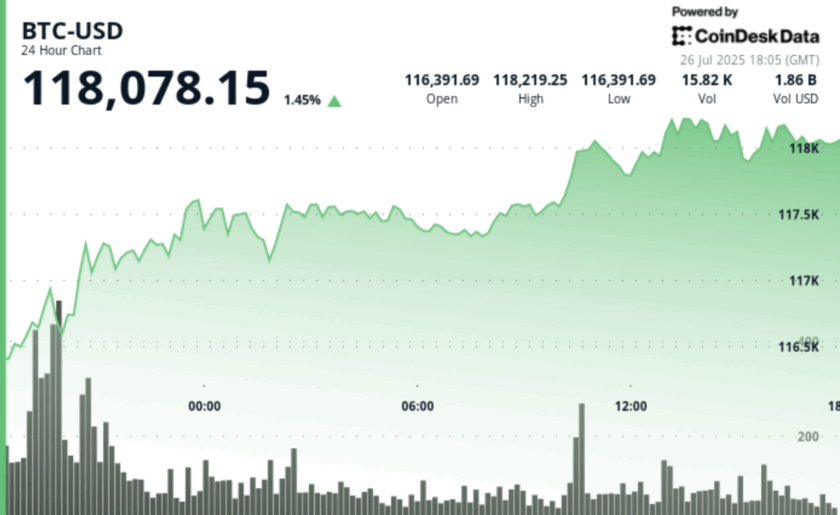“I don’t think the competition for power from AI facilities will significantly impact hashprice,” Mellerud said. “The Bitcoin mining network is a self-correcting mechanism, so reduced hashrate in one country will simply increase profitability of miners in another country, giving them more room to grow.” “My thesis is that the U.S. will have less than 20% of the hashrate by 2030 due to competition from AI facilities, while hashrate will grow elsewhere, particularly in Africa and Southeast Asia,” Mellerud added.
The Subtle Way AI Data Centers Boost Bitcoin Mining Economics




